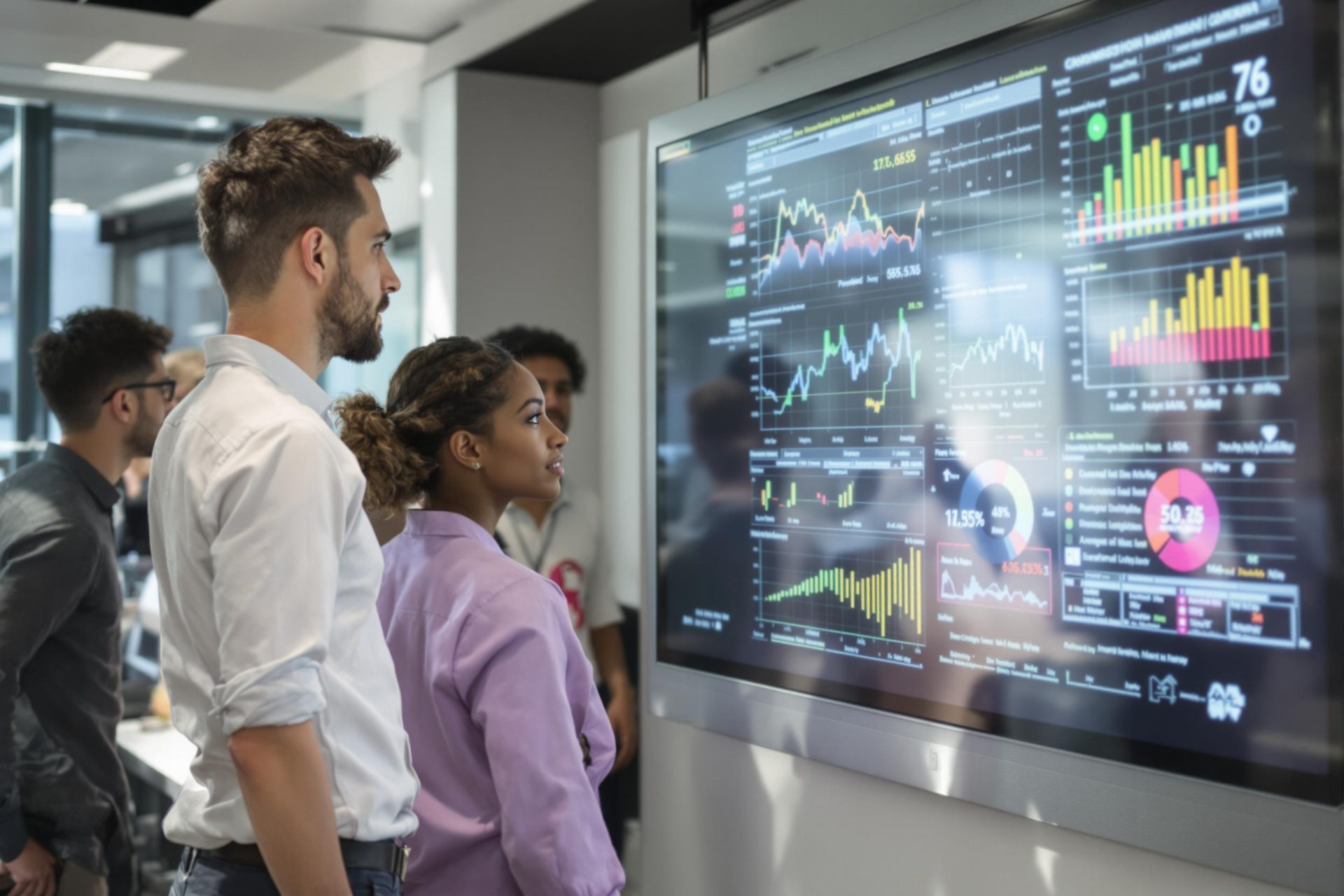Key Takeaways
- Artificial intelligence (AI) is rapidly changing the marketing field, creating new job opportunities and transforming existing roles.
- The global AI marketing market is booming, projected to grow significantly by 2028.
- Many marketers already use AI but feel challenged by the fast pace of technological change.
- Experts view AI as a tool to empower marketers with new capabilities, not replace them.
- New roles like AI Marketing Specialists and Chatbot Developers are emerging.
- AI enhances traditional roles like content creation, SEO, and social media management by automating tasks and providing insights.
- Human skills such as creativity, empathy, and strategic thinking remain crucial and are increasingly valued alongside technical skills.
- The future involves collaboration between human marketers and AI tools for greater impact.
Artificial intelligence is making big waves in the marketing world. It’s changing how jobs are done and opening doors to exciting new career paths.
AI is taking over repetitive tasks, which frees up marketers to focus more on strategy, creativity, and using data to make smart decisions. The growth is undeniable; according to data referenced by MarTech Series, the worldwide AI marketing scene is expected to jump from $15 billion in 2021 to over $100 billion by 2028.
This rapid change brings both excitement and some unease. A recent LinkedIn study found that while nearly 60% of marketers use AI, over 70% feel a bit overwhelmed by how quickly things are evolving.
However, the consensus among experts is positive. Paul Roetzer of the Marketing AI Institute put it well, saying AI gives marketers “superpowers” rather than taking their jobs.
Think of AI as an opportunity. It boosts efficiency, sparks creativity, and is even leading to brand-new marketing roles while reshaping familiar ones.
New specialized jobs are popping up, focusing on leveraging AI. These include roles like AI Marketing Specialists who optimize campaigns using machine learning, Chatbot Developers creating customer service bots, Data Analysts skilled in AI tools, Personalization Strategists tailoring experiences, and AI Ethics Consultants ensuring responsible AI use.
AI isn’t just creating new titles; it’s upgrading existing marketing jobs. Content creators can use AI tools like ChatGPT or Jasper for drafting, but human creativity and emotional connection remain key. As Ann Handley from MarketingProfs reminds us, marketing is still about speaking to one human at a time.
SEO specialists now have AI tools offering real-time insights and predictions. Social media managers benefit from AI analytics for better audience engagement. Email marketers can use AI for smarter segmentation and personalized timing, boosting effectiveness.
While AI handles data analysis and automation brilliantly, it can’t replicate human creativity, empathy, or gut feelings. These uniquely human skills are becoming even more valuable.
LinkedIn data shows a sharp rise in mentions of skills like “collaborative problem-solving,” highlighting the demand for people skills in our tech-driven world. Experts like social media strategist Mari Smith emphasize that AI lacks the ability to tell truly compelling, emotional stories.
The road ahead is about partnership. The most successful marketing won’t be AI *or* humans, but AI *and* humans working together. Digital marketing entrepreneur Neil Patel confirms this, stating AI is a “collaborator, not a competitor.”
To thrive, marketers should focus on learning about AI tools, experimenting with them, and balancing technical know-how with essential soft skills like creativity and strategic thinking. Those who adapt and embrace AI will lead the future of marketing.



